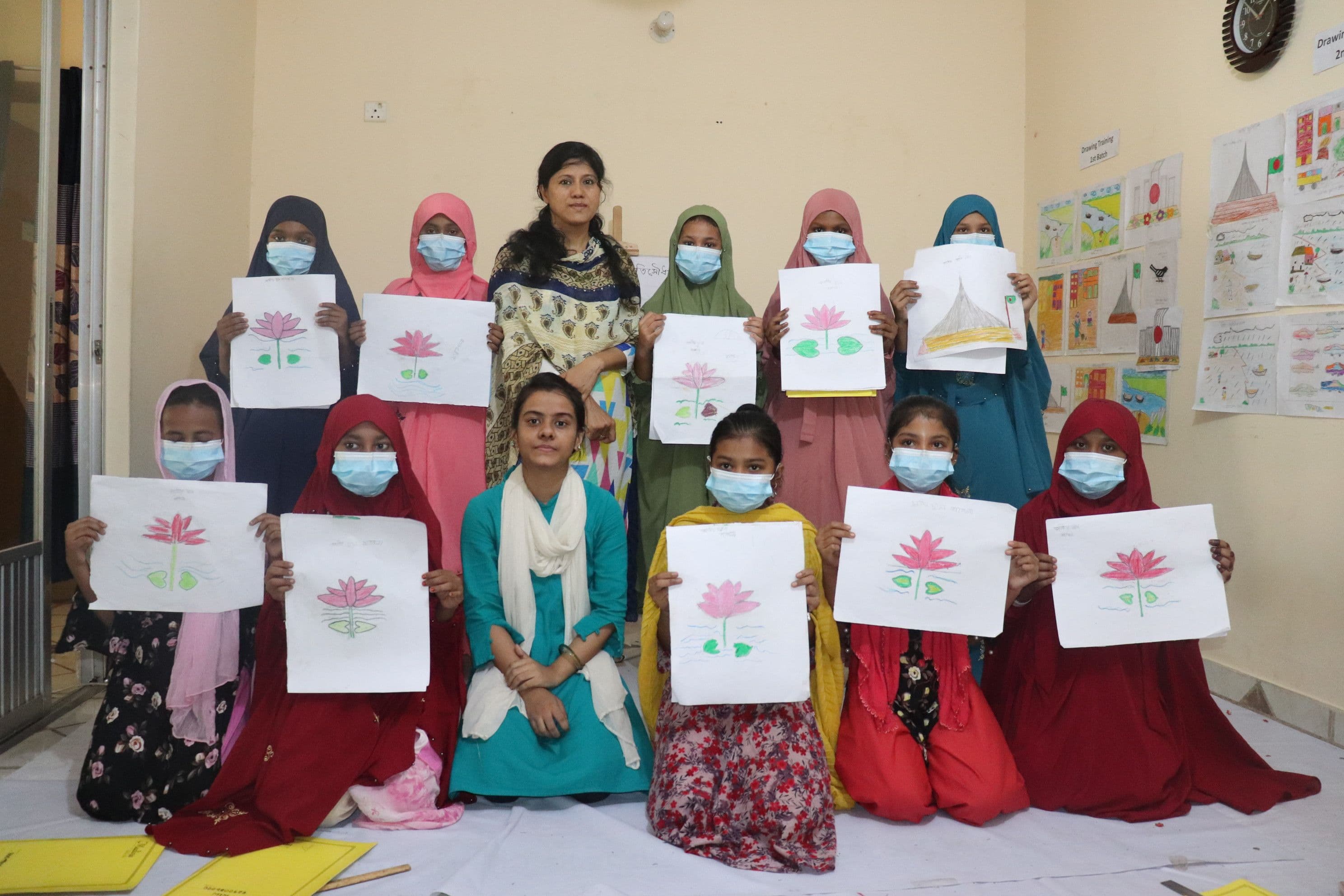Editorial:A PROGRESSIVE increase in crimes against women in virtual space suggests that laws and the support systems are inadequate to ensure online safety. Since the Police Cyber Support for Women was established in November 2020, 43,834 complaints have so far been registered. In January–February, more than a thousand complaints were filed with the cyber support unit for women. In 2023, the Telecommunication Regulatory Commission also reported that they had removed about 35,000 pieces of content and a majority of them was discriminatory and offensive towards women. A section of users, as the police report, was increasingly using social media for character assassination by making unacceptable comments on such platforms.
An ActionAid Bangladesh study earlier found that 63.51 per cent of the women surveyed were victims of online harrassment and 67.81 per cent of them were subjected to sexually suggestive messages. There are also reported complaints of spreading doctored photographs of women in cyberspace for extortion. Online safety for women, therefore, continues to remain a matter of concern.
While the crimes are grave, a majority of women choose not to file cases because of an unfriendly legal environment and further social repercussion. Women’s rights and other civic groups have asked for greater awareness of the prevention of cybercrimes against women and the inclusion of online safety for women as a policy priority. Victims and lawyers have talked about the need for human resources with improved understanding of online gender-based violence and better IT skills and knowledge of digital forensics in cyber support unit officials.
The laws, including the Cyber Security Act and the Pornography Control Act 2012, barely make any impact on ensuring women’s online safety. The amendment to the Cyber Security Act that the interim government has proposed also focuses on penalising speech-related offences rather than democratising digital governance. Women’s rights activists find the punitive approach inadequate as it does not consider the virtual world as a social space where everyday forms of harassment are more common than extreme offences as defined in the laws. While the government needs to take cyberspace seriously and develop a greater understanding of people’s social engagement in this, it also needs to be more specific and sincere about fighting cybercrimes.
The government should, therefore, ensure online safety for women and democratic governance of the digital space for all. The cyber support wing for women should address skills gaps identified by victims that it needs to have more officials with improved knowledge of digital forensics and publicise its mandate so that more women seek legal redress. The government should also consider including internet safety in school and college curricula and run awareness campaigns against cyber sexual violence. New Age Link:Govt should ensure online safety for women



